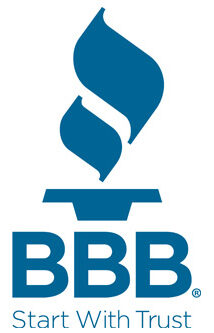BBB Offers Tips for Businesses on Latest Scams and Predatory Online Attacks
With businesses more exposed than ever to online scams and predatory attacks, the Better Business Bureau (BBB) (bbb.org) has found that standard scam-prevention measures are no longer effective when in-person communication isn’t an option. With that in mind, the BBB provided a list of types of scams for which business owners and operators should be on the lookout. Those include phishing attacks, HR scams, imposter scams, and identity theft. Below is some information about each of these:
- Phishing scams—When employees are physically separated, in-person verifications involving financials or wire transfers are no longer possible. Phishing attacks are increasing and exposing millions to additional risks. Make sure that your employees are aware of the risks and provide effective countermeasures. Put policies in place so requests for financial information or transfers are verified first.
- HR scams—The latest twist in scamming involves Human-Resource (HR) departments receiving calls or emails from a current employee asking to update their direct deposit or mailing information to receive their paychecks. In reality, the request isn’t genuine, and the employee’s paycheck has just been stolen if you complete the request.
- Imposter scams—Scammers are stealing the name of a legitimate business and pretending to be them. These can take dozens of forms, but many involve employment scams, fake check or wire scams, government-imposter scams, and more.
- Identity theft—Report all suspected instances of identity them to the FBI’s IC3 Department (ic3.gov/default.aspx). While many businesses are hesitant to admit that they have been compromised, investigators cannot pursue the criminals without the necessary information.
If you believe that your business has been compromised, report the scam on the Better Business Bureau’s Scam Tracker or call the BBB at (800) 649-6814.

